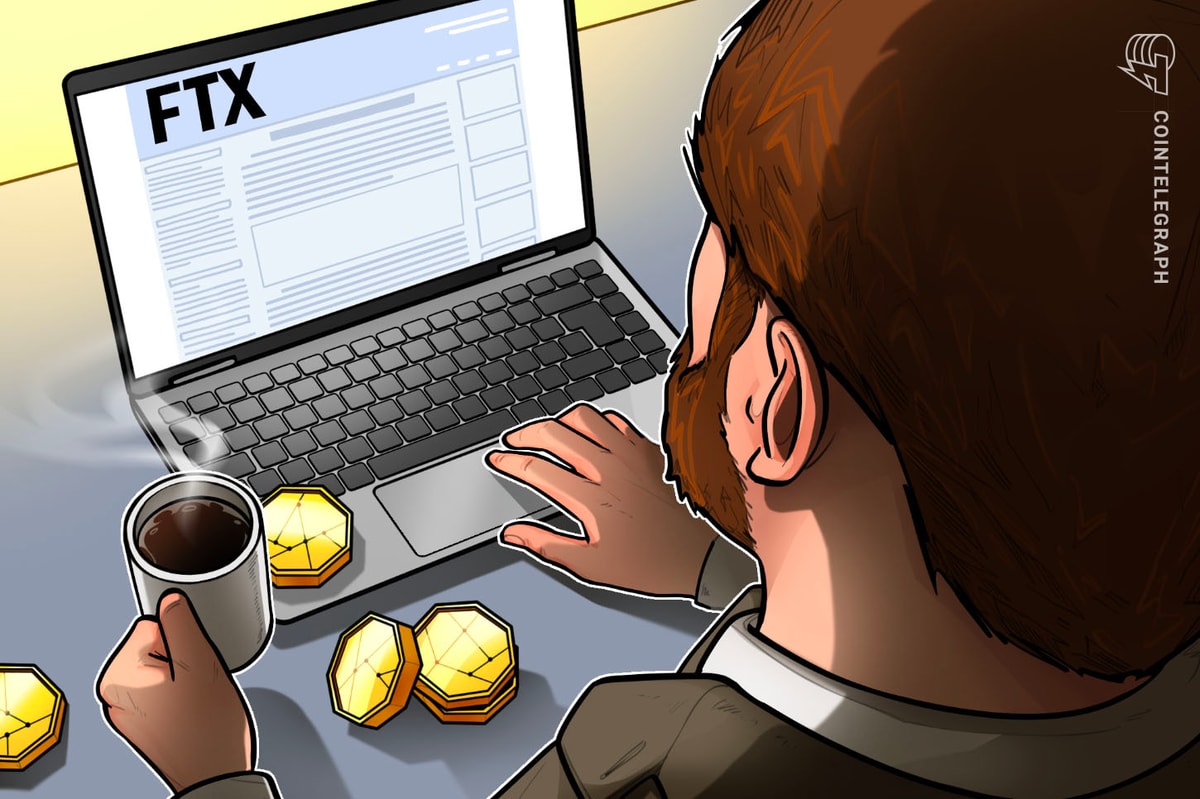Temasek Holdings, a prominent state investor in Singapore, has taken the decision to reduce the compensation of its investment team and senior management following the failed investment in the collapsed FTX cryptocurrency exchange.
This move comes as Temasek aims to uphold collective accountability and address the repercussions of the investment setback. While an internal review found no misconduct by the investment team, the company acknowledges the need for action in the wake of the FTX investment failure.
A Costly Investment Misstep
Temasek’s plan to cut compensation comes after the state investor dismissed all of its $275 million exposure following the collapse of the FTX crypto exchange late last year. Despite investing $210 million in FTX International and $65 million in FTX US for minority stakes, Temasek was forced to face the financial consequences of the crypto company’s demise.
According to Temasek, the company’s internal review, conducted by an independent team, examined the circumstances surrounding the investment and presented its findings directly to the board. Temasek Chairman Lim Boon Heng emphasized the importance of collective accountability in the aftermath of the FTX investment failure.
While there was alleged fraudulent conduct that remained hidden from investors, including Temasek, the company acknowledges its disappointment with the outcome and the resulting impact on its reputation.
Lim noted:
With FTX, as alleged by prosecutors and as admitted by key executives at FTX and its affiliates, there was fraudulent conduct intentionally hidden from investors, including Temasek. Nevertheless, we are disappointed with the outcome of our investment, and the negative impact on our reputation.
Lesson Learned
The Finance Minister of Singapore, Lawrence Wong, a major shareholder of the city-state’s largest companies including Singapore Airlines and Singapore Telecommunications, acknowledged the reputational damage suffered by Temasek due to its investment in FTX.
Speaking in parliament, Wong highlighted the need for caution and a realistic assessment of the blockchain sector, suggesting that earlier optimism about the technology may have been excessive. Nevertheless, despite the setback, Singapore remains committed to exploring and experimenting with emerging technologies.
Last year, Singapore’s DBS Bank a leading financial institution expands its crypto trading service for 100,000 customers linked with its DBS Treasures section. As reported by Bitcoinist, DBS Bank launched a new platform called DDEx, which enables its clients to engage in virtual currency trading.
Operating as a member-only decentralized exchange, DDEx offers customers the opportunity to trade a selection of four prominent cryptocurrencies. The initial roster of tradable digital assets includes Bitcoin (BTC), Ethereum (ETH), BitcoinCash (BCH), and Ripple (XRP).
Notably, while Temasek did not provide specific details regarding the extent of the compensation reduction or the number of employees impacted by the decision, the company noted it continues to invest in early-stage companies to gain insights into the “ever-changing” landscape and “identify drivers” of future value.
Meanwhile, the global crypto market has picked up in bullish momentum over the weekend with large crypto assets such as Bitcoin and Ethereum up by more than 2% in the last 24 hours. At the time of writing, the global crypto market is currently up 2.4% with a total market value above $1.2 trillion.
Featured image from Unsplash, Chart from TradingView










